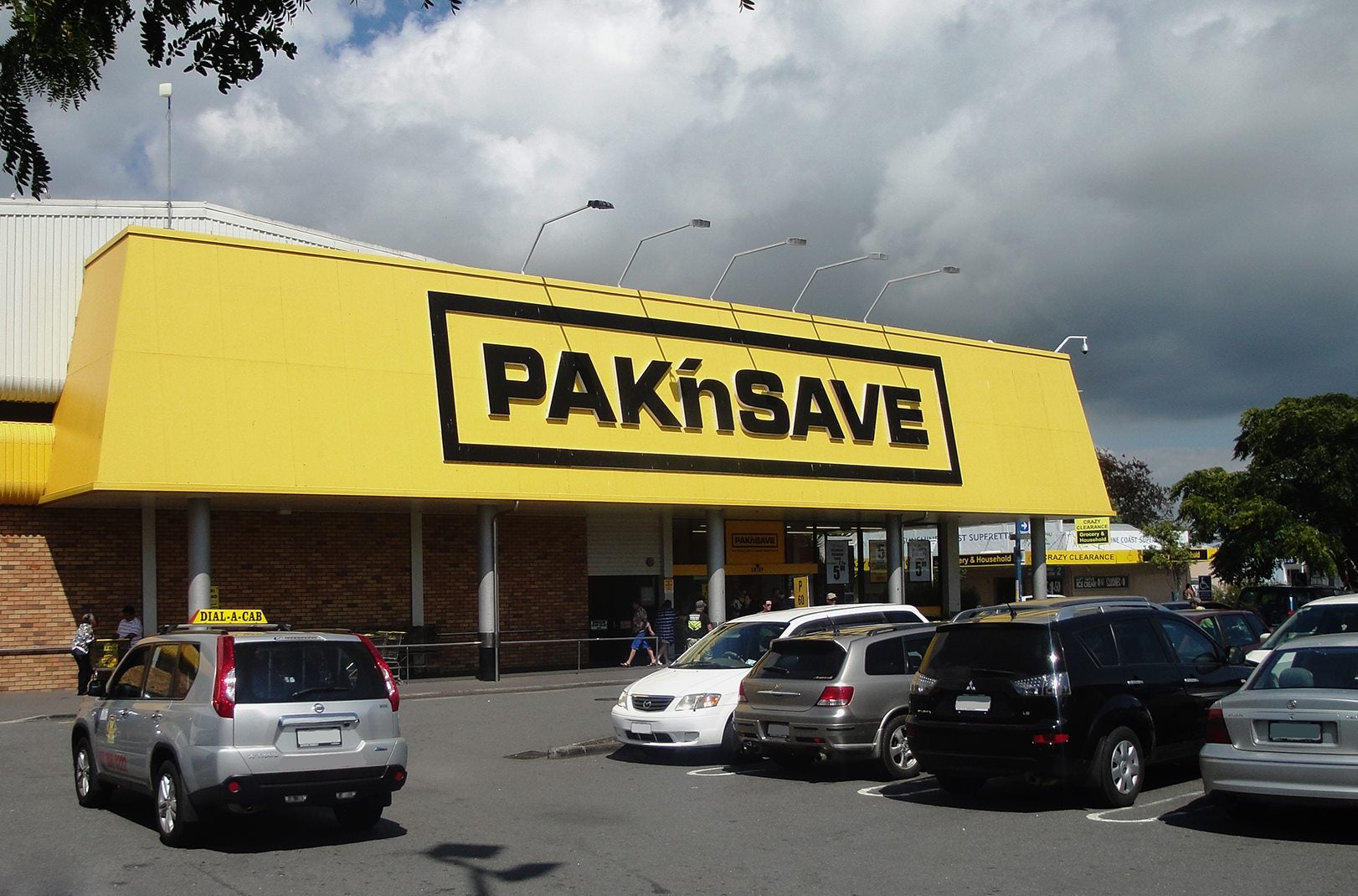
New Zealand should make it easier for food retailers to enter the sector, where a “duopoly” is hitting suppliers and consumers, a government-commissioned study has said.
The country needs to see more competition in its food retail market, where local retailer Foodstuffs and Australia’s Woolworths are the two largest players. Their combined market share has been estimated at around 85%.

Discover B2B Marketing That Performs
Combine business intelligence and editorial excellence to reach engaged professionals across 36 leading media platforms.
“If competition was more effective, retailers would face stronger pressures to deliver the right prices, quality and range to satisfy a diverse range of consumer preferences,” Anna Rawlings, chair of the Commerce Commission, said.
“The major retailers appear to avoid competing strongly with each other, particularly on price. Meanwhile, competitors wanting to enter the market or expand face significant challenges, including a lack of competitively priced wholesale supply and a lack of suitable sites for large scale stores.”
The Food & Grocery Council, the trade body for food manufacturers in New Zealand, welcomed the report. “It accurately reflects the reality faced by many suppliers of food and grocery products to the two supermarket chains around the imbalance of power in negotiations on issues such as price, promotions, and discounts,” Katherine Rich, the Council’s chief executive, said.
The Commerce Commission, asked to look into the sector by the New Zealand government in November, has published a draft version of a report. Consultation will take place ahead of a final report being released in November.

US Tariffs are shifting - will you react or anticipate?
Don’t let policy changes catch you off guard. Stay proactive with real-time data and expert analysis.
By GlobalData“We consider the best options for improving competition are those that enable an increase in the number of retailers directly competing against Foodstuffs and Woolworths NZ for a consumer’s main shop,” Rawlings added.
The Commerce Commission has recommended improving wholesale access to groceries in order to make it easier for new competitors to enter the market or for existing independent retailers to expand. More land could be made available through changes to planning laws, the report added.
A third option, should better wholesale access or changes to planning laws not be “feasible [or] had proved ineffective or did not appear likely to improve retail competition within the desired timeframe” would be “to directly stimulate retail competition by creating a further major grocery retailer”, the Commerce Commission added.
Rawlings added: “Without intervention, we currently see little prospect of a new or expanding rival being able to constrain the major retailers effectively and improve competition in the sector.
“We consider the best options for improving competition are those that enable an increase in the number of retailers directly competing against Foodstuffs and Woolworths NZ for a consumer’s main shop.”
The Commerce Commission has also put forward other options as “draft recommendations”. They include introducing a mandatory industry code of conduct and allowing suppliers to bargain collectively to strengthen suppliers’ negotiating power with retailers.
Consumers could also benefit through the introduction of mandatory unit pricing, as well as asking the major retailers to “simplify their pricing and promotional practices”, the Commission added.
Representatives for Foodstuffs, which owns chains including Pak’nSave and New World, as well as for Countdown owner Woolworths NZ, could not be reached outside of normal office hours.



